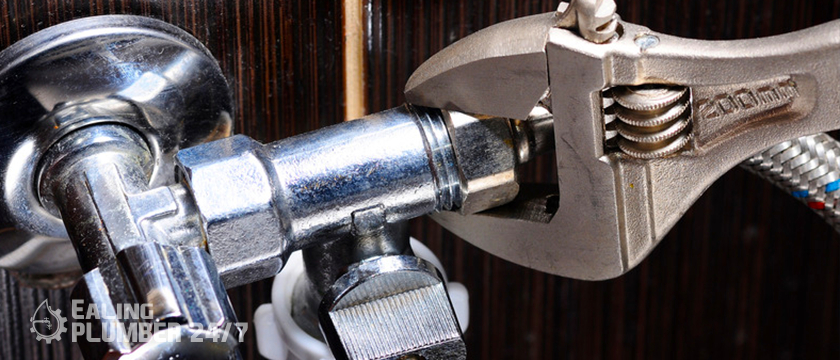
19 Jan. 22
The Basics About Water Heaters: Types, Parts and How They work
It’s big, it makes strange noises, and it generates hot water in some way. Homeowners may be forgiven if this is the most they know about their hot water heater. Purchasing a home does not automatically transfer the knowledge of how each appliance and fixture works, nor is it required. However, understanding the fundamentals of how hot water heaters work, which types exist, and which parts are most important can provide homeowners with greater peace of mind when determining whether what’s happening with their heater is normal or an issue worth investigating.
The Types of Hot Water Heaters
There are two major types of water heaters for homes: traditional heaters with large tanks known as “tank” water heaters and smaller, boxier varieties known as “tankless” water heaters.
Tank water heaters work by heating water with either electricity or gas and then storing gallons of hot water within the large tank attachment. Cold water enters the unit from below the tank and, depending on the heating method, is heated by a gas flame or electrical elements within the tank. If gas is used to heat the water, exhaust fumes are routed out of the unit via an internal flue or a dedicated exhaust pipe that leads to the outside.
The temperature inside the tank is controlled by an attached thermostat and control valve, and the pressure inside the tank is kept at a constant level by a pressure-relief valve. The water remains in the tank until a hot water faucet is turned on, releasing piping hot water from the tank’s top and automatically triggering the tank to refill, restarting the heating cycle.
Tank water heaters are available in sizes ranging from 20 to 80 gallons, have lower upfront costs than tankless water heaters, but use energy throughout the day and night to maintain the temperature within the tank; and if the tank is not full, it may take some time for the water to heat up. In general, electric models are slightly less expensive than gas models, and they both have roughly the same lifespan, ranging from 8 to 15 years depending on the model.
Consider a Tankless Water Heater.
Tankless water heaters are typically smaller than tank-style water heaters and are mounted directly to a home’s wall. These units, also known as “on-demand” or “instantaneous” water heaters, do not store water. Instead, the tankless water heater draws water only when a faucet is turned on. As water enters the unit, a flow sensor activates the heating element, which can be either gas or electric and heats the water as it passes over the heat exchanger. This allows hot water to leave the unit only when it is required. Tankless water heaters that use gas, like tank units, have a dedicated exhaust pipe to channel out fumes from heating.
Tankless heaters are generally more energy-efficient than tank heaters because they do not store water and only use hot water when activated. Tankless water heaters are slightly more expensive than tank units, but they can last up to 20 years. Furthermore, while some units are said to be less effective at heating water than tank units, they are said to provide hot water more consistently.
Which unit is the correct one?
Both tank and tankless water heaters have advantages and disadvantages, and both can supply hot water to homes of any size. Consider the upfront cost of the unit, which unit best fits the size of your home (as choosing the largest unit is not always best), and which appliances will be attached to the unit when researching which unit is best for your home.
If you have any questions about selecting the right type of water heater, or if you’re considering replacing the current unit in your home, contact blocked drain ealing Services. The plumbing experts will be able to guide homeowners through the process of determining which hot water will best suit your specific needs because they are experienced and knowledgeable.


